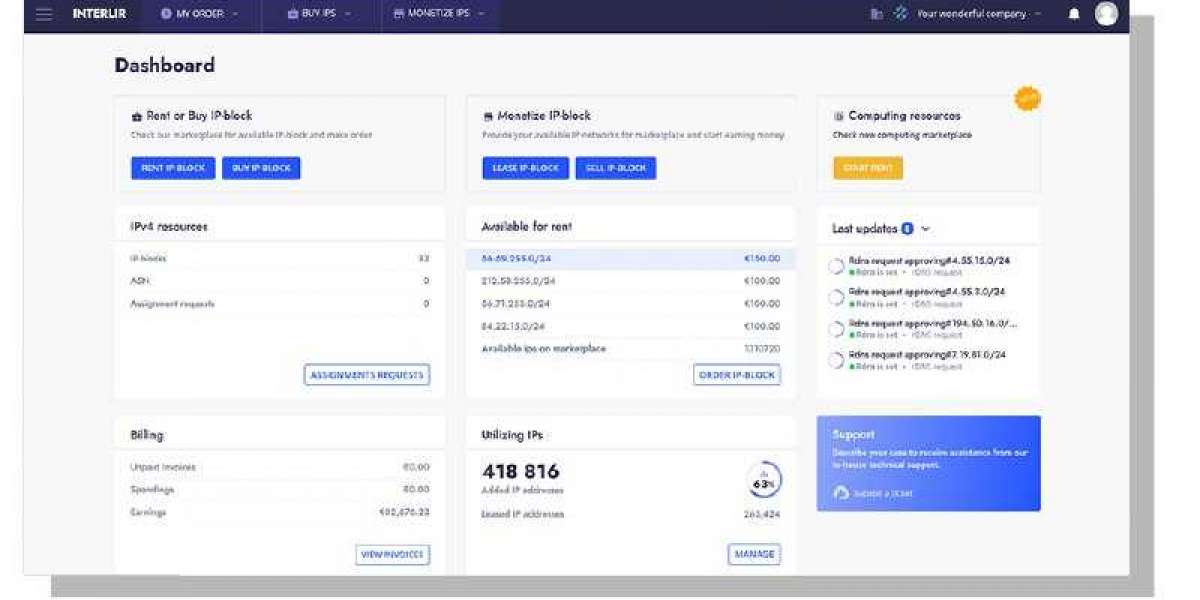The Blockchain in Insurance Industry is transforming the way insurers operate, offering unprecedented levels of transparency, efficiency, and security. By leveraging blockchain technology, insurance providers can streamline claim processing, reduce fraud, and improve customer trust. The integration of smart contracts, decentralized claim processing, and risk management solutions is redefining traditional insurance operations, enabling faster, more reliable, and automated services. As digital innovation accelerates, blockchain is becoming a cornerstone of modern insurtech strategies.
Expanding Applications of Blockchain in Insurance
Blockchain technology is no longer just an experimental tool—it has practical applications across the insurance value chain. Through a transparency ledger and insurtech blockchain platforms, companies can securely store and share data, minimize disputes, and ensure compliance. Policy management, premium collection, and claims settlement processes are all being optimized, reducing operational costs and improving customer satisfaction. Moreover, blockchain facilitates decentralized claim processing, which enhances accuracy while ensuring a tamper-proof record of transactions.
Drivers of Growth in the Blockchain Insurance Sector
Several factors are accelerating blockchain adoption in the insurance industry. Increasing demand for secure digital solutions, coupled with rising cyber threats, has prompted companies to explore blockchain for fraud prevention and compliance. The APAC region is witnessing a surge in digital finance, highlighted by the APAC Mobile Payments Market, showcasing how digital integration supports seamless transactions. Meanwhile, niche insurance markets like the Japan Microinsurance Market illustrate how blockchain can expand access to affordable and transparent coverage in emerging segments.
Innovation and the Future of Insurance Operations
The future of blockchain in insurance lies in automation, AI integration, and global connectivity. By adopting blockchain-powered smart contracts and risk management solutions, insurers can offer faster claims resolution, reduce paperwork, and build customer trust. Additionally, blockchain enhances interoperability between insurers, reinsurers, and regulators, fostering a more collaborative and resilient ecosystem. As insurtech blockchain adoption grows, the industry will continue to experience enhanced efficiency, cost savings, and innovation-driven expansion.
FAQs
How is blockchain used in insurance?
Blockchain is used to automate claims, improve data security, reduce fraud, and create transparent, tamper-proof records for insurers and policyholders.What are smart contracts in insurance?
Smart contracts are self-executing agreements on a blockchain that automatically trigger claims payments when predefined conditions are met.Why is blockchain important for the insurance industry?
It increases transparency, reduces operational costs, minimizes fraud, and enables faster and more reliable claims processing.






